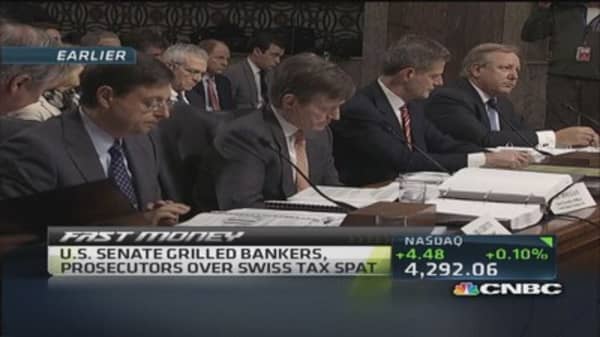For nations around the world, offshore tax evasion is a pressing concern. Every year, wealthy individuals evade millions of dollars in taxes, depriving governments of all sizes of much-needed resources to fund public services and investments. To the average citizen, it seems like some of the most affluent use overseas accounts to avoid paying taxes with relative impunity, contributing to the perception that the tax system is unfair. Governments across the globe are recognizing the growing support for tax fairness, and with the United States at the lead, the world community is making important progress to expose these hidden financial accounts and stop offshore tax evasion.
This past week saw important steps in the effort to combat offshore tax avoidance. As part of the United States' efforts to improve tax compliance, the U.S. Treasury and the Internal Revenue Service issued the last major set of guidance to implement the Foreign Account Tax Compliance Act (FATCA). Congress passed this law in 2010 in a bipartisan manner to create incentives for foreign financial institutions to identify accounts held by U.S. taxpayers and bring overseas assets to light.
(Watch: Credit Suisse accused of running tax-evasion effort)
This guidance clarifies various FATCA provisions and harmonizes the law with reporting and withholding tax rules already in place. As they have since the law was enacted, Treasury and the IRS sought to achieve a balance between detecting and deterring tax evasion and minimizing the compliance burden on financial institutions. These regulations ensure that FATCA is on track to launch on July 1, 2014.



